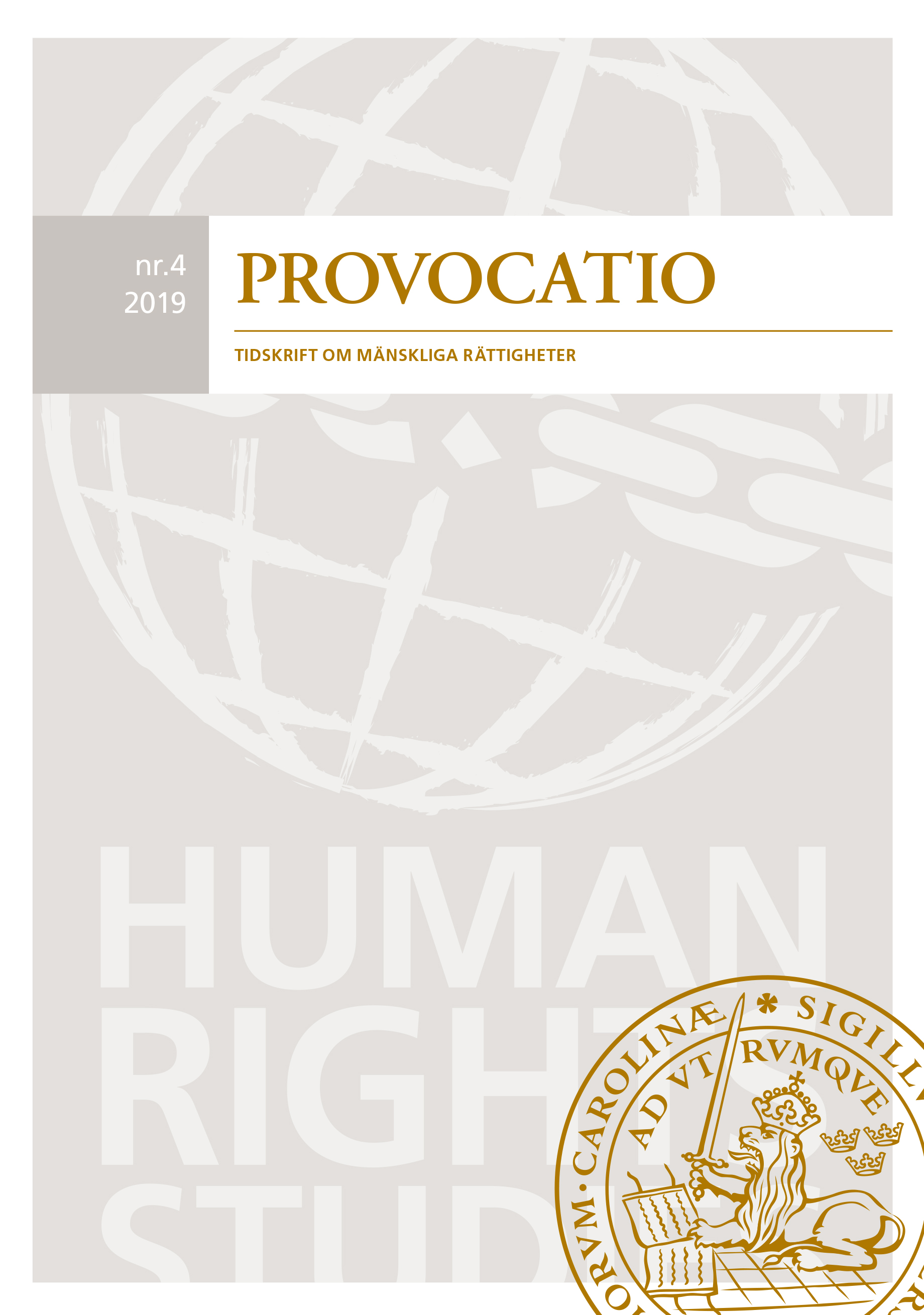Between Bahrain and Europe. A Qualitative Interview Study of Life and Activism in Exile
Abstract
In the early 2010s, the world witnessed what was later termed the Arab Spring. In 2011 in Bahrain – a small Gulf country with a long history of regime oppression against its own population – many people took to the streets to demand democratic reforms and human rights. Bahraini authorities, with the help of military forces from Saudi Arabia, Qatar and Kuwait, cracked down on the protests. In the aftermath of the uprising in Bahrain, the regime also forced many activists into exile. Since the situation is still dangerous and many activists have multiple cases and sentences against them in Bahrain, these exiles cannot return to the country.
For this article, I have interviewed seven exiled activists from Bahrain on the themes of life and activism in exile. Activism in Bahrain brings to light the meaning of voice – and silence. Through the concept of political voice, this article aims to deepen our understanding of the dynamics of activism in exile. In many ways, exile activism is also affected by the individual challenges of fleeing and building a new life in another country. Drawing on literature on exile politics and exile as an existential condition, I argue that there are advantages and disadvantages of being an activist in exile. I emphasize the intersection between the political and the personal aspects of exile.


